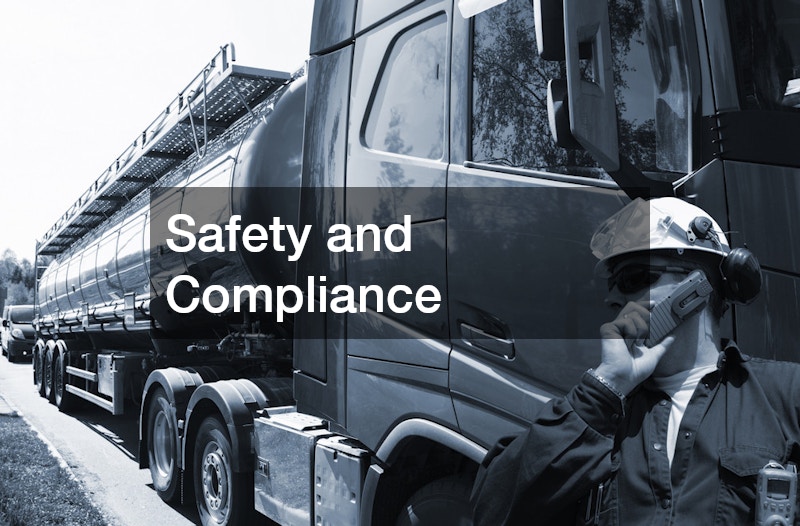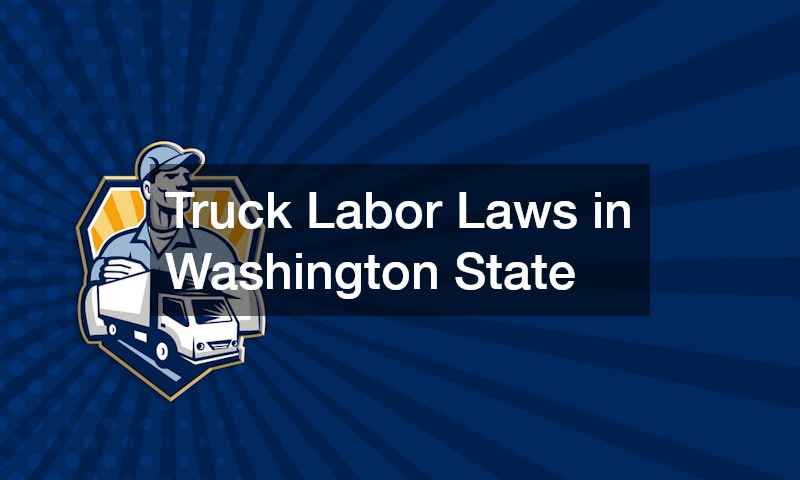Truck labor laws in Washington State are designed to protect truck drivers’ rights while ensuring safety on the road. These laws regulate working hours, wages, breaks, and other critical aspects of employment for truck drivers operating within the state. Employers and drivers must comply with both federal and state laws, as Washington enforces additional protections beyond federal regulations.
Wages and Overtime
Washington State mandates that truck drivers earn at least the state’s minimum wage. Overtime pay applies for hours worked beyond 40 in a week, though certain exemptions may exist depending on the nature of the driver’s work and whether they are classified as intrastate or interstate drivers. Employers must carefully document hours worked to avoid wage disputes.
Hours of Service and Rest Breaks
To prevent driver fatigue and promote road safety, Washington adheres to federal Hours of Service (HOS) regulations, which limit driving to 11 hours within a 14-hour shift after 10 consecutive hours off duty. Additionally, Washington requires employers to provide a paid rest break of at least 10 minutes for every four hours worked, along with an unpaid 30-minute meal period during shifts exceeding five hours.
Worker Classification
Misclassifying truck drivers as independent contractors instead of employees can lead to legal consequences for employers. Washington law closely examines employment relationships to ensure proper classification, which affects rights such as wage protections, workers’ compensation, and benefits. When you come across an issue, it’s best to consult with a truck labor attorney.

Safety and Compliance
Employers must adhere to safety standards set by the Federal Motor Carrier Safety Administration (FMCSA) and Washington’s Department of Labor and Industries. Regular vehicle inspections, proper licensing, and adherence to hazardous material regulations are critical for compliance.
By staying informed about truck labor laws in Washington State, drivers and employers can maintain lawful and fair working conditions while fostering safer roads.







